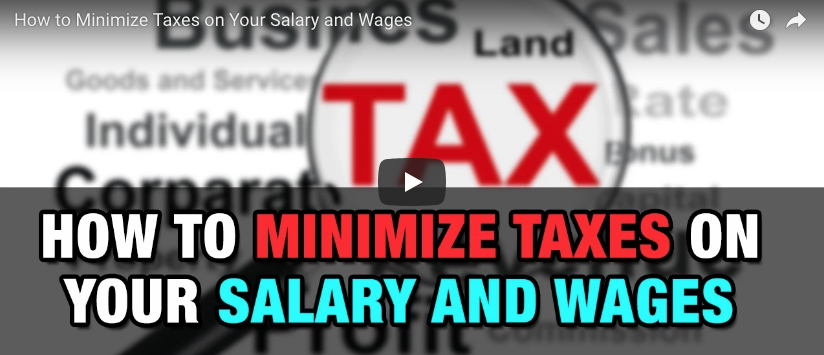Home Personal tax Page 12
Tag: Personal tax
Secret Tax Credits for Canadians Watch Video
Secret Tax Credits for Canadians
Are there any pitfalls I should be aware of when selling a stock in a loss position?
Voluntary Disclosure Program for Canadian Taxpayers
Is there any way of waiving my fees for not filing my income taxes?
What to Know About Income Tax Preparation in Toronto
How to Complete Form T2125 for a Sole Proprietor
What tax refunds and benefits am I eligible for?
Minimizing Capital Gains Tax
Tips for Saving Taxes in Canada
Should I setup a Family Trust in Canada?
How to Minimize Taxes on Your Salary and Wages

How to Minimize Taxes on Your Salary and Wages Watch Video
I purchased a computer for employment purposes. As an employee, can I deduct this as employment expense?

SOCIAL CONNECT